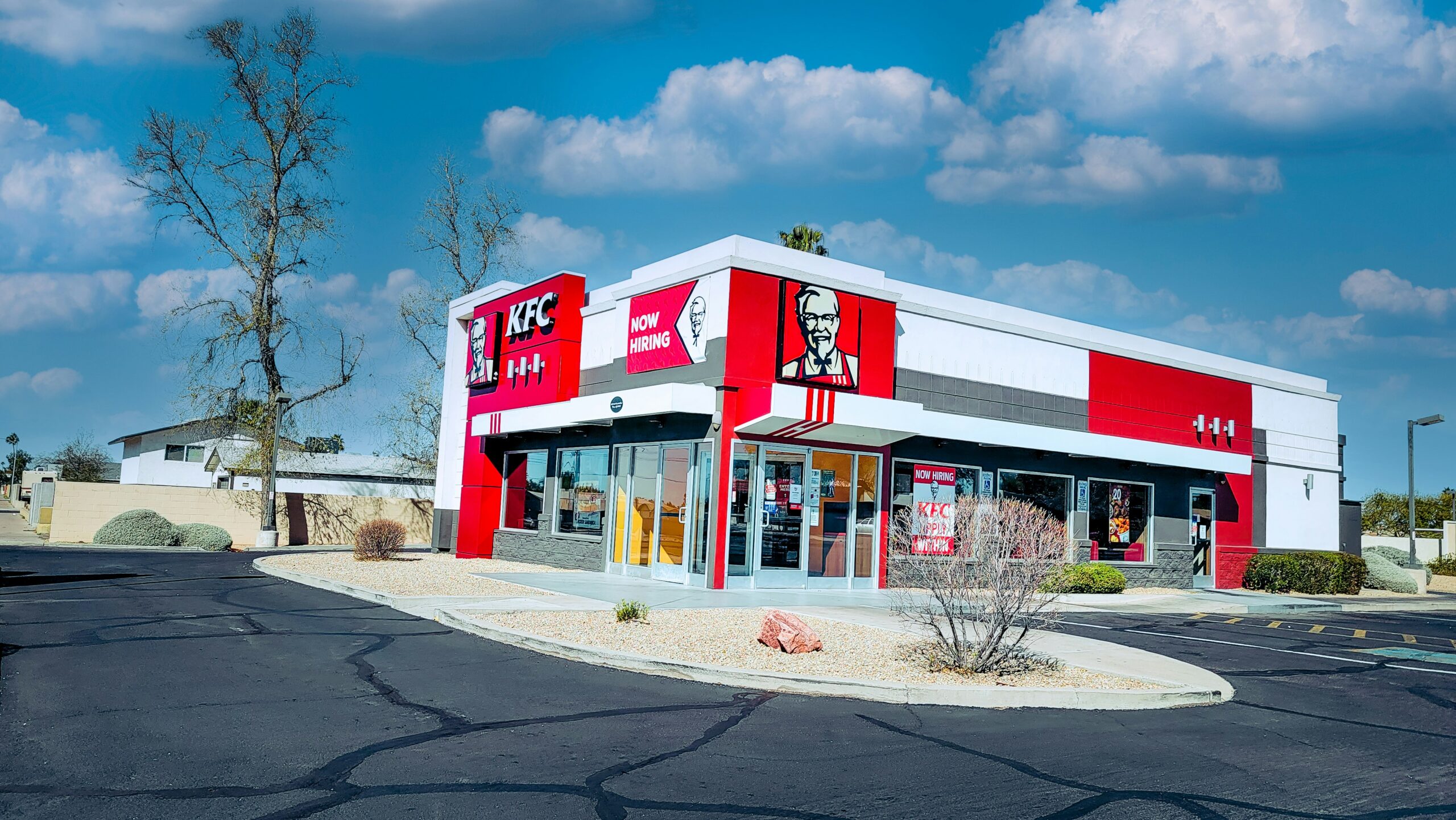The concept of American identity is as vast and diverse as the country itself. For centuries, people from all walks of life have contributed to the fabric of what it means to be American. Yet, this identity is not static—it evolves with the changing cultural, political, and social landscapes. As the United States continues to grow and adapt, the question arises: What defines being American in a modern context?
How History Shaped American Identity
The foundation of American identity was built on the ideals of freedom, democracy, and opportunity. However, the historical reality was far more complex. From the arrival of European settlers to the forced displacement of Indigenous peoples and the enslavement of Africans, the nation’s early years were marked by profound contradictions. These historical events created a country that was both a land of opportunity and a site of deep inequality.
Over time, movements like the Civil Rights Movement, women’s suffrage, and the fight for LGBTQ+ rights reshaped the American narrative. These struggles highlighted the resilience of marginalized communities while challenging the notion of a singular, homogenous identity. Instead, they underscored the diversity at the core of what it means to be American.
The melting pot metaphor has often been used to describe the United States, yet critics argue that it oversimplifies the complexities of cultural integration. A more fitting analogy might be a mosaic—each piece retaining its individuality while contributing to a larger, cohesive picture.
What Role Does Immigration Play?
Immigration has always been a cornerstone of American identity, bringing new ideas, cultures, and perspectives to the forefront. Waves of immigrants from Europe, Asia, Latin America, and Africa have enriched the nation’s cultural and economic fabric. These communities have brought traditions that now form a vital part of American life, from cuisine and art to language and religion.
Immigration has also been a source of tension. Policies like the Chinese Exclusion Act and more recent debates around border security reflect the ongoing struggle to reconcile national security with the country’s reputation as a land of opportunity. Despite these challenges, the resilience and contributions of immigrant communities have continually redefined what it means to be American.
Today, second- and third-generation immigrants play a pivotal role in shaping the modern American narrative. Their unique blend of cultural heritage and contemporary experiences symbolizes the evolving nature of American identity.
How Do Social Movements Redefine Identity?
Social movements have been instrumental in reshaping the concept of American identity. Each movement, whether focused on racial equality, gender equity, or economic justice, has brought to light the voices of communities that have long been overlooked or marginalized.
The Black Lives Matter movement, for instance, has forced the nation to reckon with systemic racism and the ongoing struggle for equality. By amplifying the voices of Black Americans, it challenges the narrative that the country has fully realized its foundational ideals of liberty and justice for all.
Similarly, the rise of feminism and movements advocating for LGBTQ+ rights has broadened the scope of American identity. These efforts emphasize that being American is not confined to any one race, gender, or sexual orientation. Instead, it encompasses a spectrum of experiences and identities.
At its heart, these movements are about inclusion. They remind us that American identity is not static but dynamic, capable of expanding to accommodate the diverse realities of its people.
How Does Pop Culture Influence Identity?
Pop culture has emerged as a powerful force in shaping and reflecting American identity. From Hollywood films to hip-hop music, the entertainment industry has played a significant role in defining how America sees itself and how it is perceived globally.
Icons like Beyoncé, Dwayne “The Rock” Johnson, and Lin-Manuel Miranda have used their platforms to celebrate diversity while challenging traditional notions of what it means to be American. Their work often highlights the intersections of race, culture, and identity, providing a broader lens through which to view the nation’s character.
Shows like “Black-ish” and “Pose” have sparked conversations about race, gender, and identity, bringing underrepresented narratives into mainstream media. By showcasing diverse experiences, pop culture not only entertains but also educates, fostering empathy and understanding.
The influence of pop culture extends beyond the borders of the United States. American music, fashion, and film have become global phenomena, spreading the values and stories of its people. This cultural export reinforces the idea of American identity as both deeply rooted in its own history and universally resonant.
Why Is American Identity Always Evolving?
The evolution of American identity is inevitable in a nation as dynamic and diverse as the United States. It reflects the collective experiences of its people, shaped by history, social progress, and cultural expression.
The modern era has brought new challenges, from technological advancements to climate change and shifting global dynamics. These factors further influence how Americans view themselves and their place in the world. For example, debates about privacy in the digital age or the role of the U.S. in international politics are shaping contemporary understandings of national identity.
The strength of American identity lies in its adaptability. While its foundational principles—freedom, democracy, and equality—remain constant, the ways in which they are interpreted and applied continue to evolve. This evolution ensures that the identity remains relevant to each new generation.
The Future of American Identity
As the United States moves forward, American identity will continue to reflect the rich diversity and resilience of its people. It will adapt to new challenges, celebrate achievements, and remain a testament to the power of inclusion and progress.
By embracing the complexities of its past and present, America can foster a sense of unity that respects individual differences while celebrating shared values. In doing so, the nation ensures that its identity remains a beacon of possibility and hope for people around the world.






